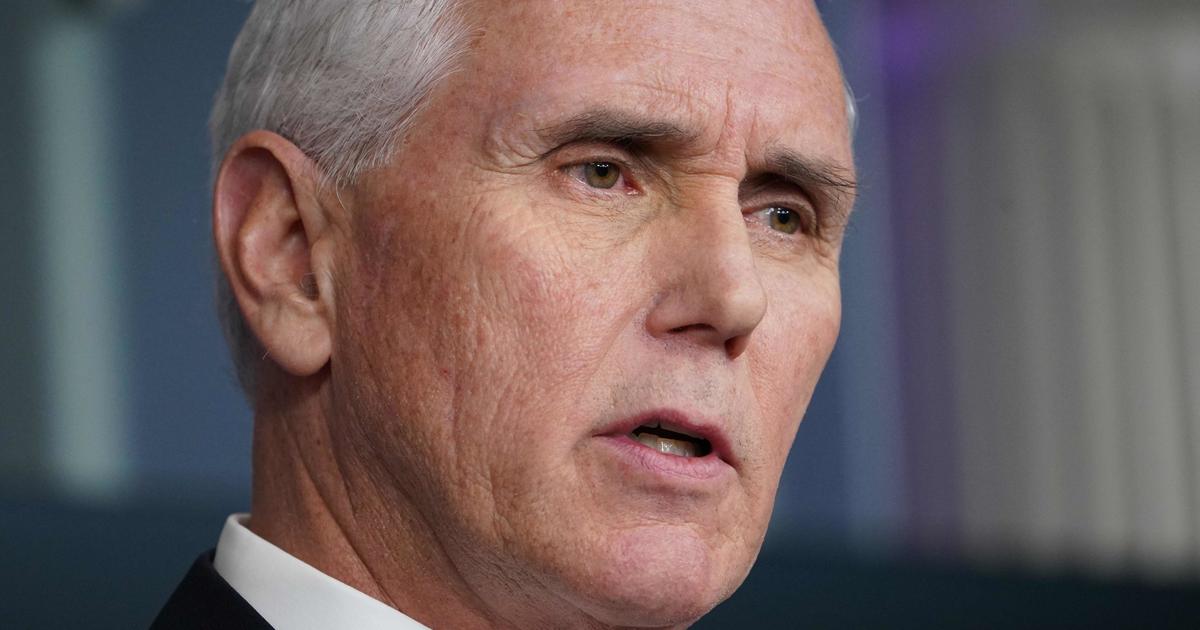Images show the chaos of the mob inside the Capitol 3:58
(CNN) -
FBI Director Chris Wray told lawmakers Tuesday that the FBI has not seen any evidence to suggest that the agitators who participated in the Jan.6 assault on the Capitol were "false followers of Trump."
With his remarks, Wray disarms an unfounded claim that Republican Senator Ron Johnson has pushed in recent weeks, in an attempt to downplay the violence committed by supporters of former President Donald Trump.
Wray testified publicly for the first time since pro-Trump rioters stormed the Capitol nearly two months ago.
During his appearance, the chairman of the Senate Judiciary Committee, Senator Dick Durbin, pressed him to say whether the FBI had seen any evidence that the people involved in the January 6 attack were posing as Trump supporters.
The Illinois Democrat called this statement "the next big lie."
"We certainly haven't seen evidence of that at this stage," Wray responded when asked by Durbin if he had seen any evidence that the assault was organized by "fake Trump supporters," referring to comments Johnson made during a hearing at the Senate last week.
In that instance, he also stated that those implicated in the attack were "agents provocateurs".
Most Republicans on the panel did not embrace these conspiracies.
However, the unsubstantiated claim that left-wing infiltrators were responsible for the violent attack has been promoted by Trump's impeachment lawyers, several Republican lawmakers and at least one speaker at the Conservative Political Action Conference last week.
Trump reappears and promises retaliation 0:41
The FBI did not see 'any evidence' of the participation of people related to antifa in the assault on the Capitol
On Tuesday, Wray made clear that antifa and other left-wing groups were not part of the January 6 violence, which he called "internal terrorism."
He did so even as several Republicans sought to use the hearing as an opportunity to highlight the threat posed by those groups rather than focus on the attack on Capitol Hill.
"We have not seen to date any evidence of violent extremist anarchists or antifa subscribers in connection with the 6," Wray told the Senate committee.
advertising
Chris Wray, director of the FBI, testified before the Senate.
More than 260 people were indicted in federal court in connection with their actions in and around the siege of the Capitol on January 6.
Many of them profess their loyalty to Trump, their aversion to the Capitol, and their support for the revolution.
Earlier, nearly a dozen Trump supporters indicted in connection with the Capitol uprising had said that antifa and other left-wing groups were not involved in the attack.
In this way they further discredited the conspiracy among Trump supporters.
In addition, Wray testified Tuesday that the FBI "is not aware of any widespread evidence of voter fraud that would have affected the outcome of the elections."
This undermines a false narrative that Trump and his allies pushed repeatedly during the 2020 campaign.
Many Republicans on Capitol Hill have continued to push unsubstantiated allegations of widespread voter fraud, which Trump's critics have called "the big lie," in the weeks after the January 6 attack.
They have done so despite evidence that such claims helped fuel the deadly unrest and warnings that they continue to motivate internal extremists.
Wray dodges opportunity to sue lawmakers backing QAnon
While Wray spent much of Tuesday's hearing dispelling dangerous false claims, he avoided the opportunity to sue lawmakers who back QAnon's conspiracy theories.
Connecticut Senator Richard Blumenthal said he was "disappointed" that Wray avoided the opportunity to convict elected officials who have amplified QAnon's claims when asked if their attitudes contributed to the threat of internal extremism.
QAnon assures that Trump will return to power on March 4 4:39
“Well, we are certainly concerned about the QAnon phenomenon, which we see as some kind of loose set of conspiracy theories, and we have certainly seen internal violent extremists of the type you describe, who cite that as part of their motivation.
And that's something we review, ”Wray said.
Blumenthal interrupted Wray for not immediately condemning the idea that lawmakers support the insurgents and posed the question differently.
"When members of Congress endorse the QAnon theory, as has happened, doesn't it exacerbate the threat of violence?" He asked.
However, Wray did not take the opportunity to report the conduct.
This prompted Blumenthal to make it clear that he was disappointed in the response and that he intends to follow up on the issue in another setting.
In October, CNN reported that several congressional candidates became involved with the QAnon conspiracy theory.
Of those mentioned, Marjorie Taylor Greene won a seat for Georgia's 14th Congressional District.
The FBI defends its action before the assault on the Capitol
Currently, Wray's team of federal investigators is following thousands of leads in a two-pronged effort to prosecute those involved in the Jan.6 attack on the Capitol and try to prevent subsequent feared attacks in Washington and other parts of the country.
The new changes to protect the US Capitol 0:30
Federal law enforcement officials have tried to reassure the American public in the months following the assault by ensuring they are up to the task on both fronts.
However, their public statements also reveal the enormity of the challenge they face in tracking down potential threats not just to the nation's capital, but across the country.
Law enforcement officials have told CNN that authorities missed key signs prior to the siege, which left five dead and the Capitol looted.
Additionally, the FBI's preparations leading up to the day of the attack have come under scrutiny.
On Tuesday, Wray defended that the FBI shared critical information about possible threats to the Capitol before January 6.
His defense included handling the "Norfolk memorandum," which has become the focus of questions about whether the law enforcement agencies protecting the Capitol had enough intelligence before the assault to prepare.
Wray described how the FBI shared an intelligence report on online conversations prior to January 6 quickly and in three ways with other law enforcement agencies, after receiving the information from the FBI field office in Norfolk.
The statements found on the 'Norfolk memorandum'
His responses to at least three questions from senators Tuesday about the Norfolk report round out where and how the intelligence was shared.
The statements contrast with testimony last week from law enforcement chiefs on Capitol Hill, who largely blamed the lack of intelligence that had been communicated to them for the security breaches.
Norfolk's report was relayed to law enforcement, Wray said, including the Capitol Police and metropolitan police, in the hour after receiving it.
The report was shared in three ways.
In an email to the Joint Counter-Terrorism Task Force, in a verbal briefing at the Washington field office command post and at FBI headquarters in which the capital's police participated, and through the law enforcement portal, according to Wray.
“In a perfect world, we would have taken more time to find out if it was trustworthy, but we made the decision, our people made the decision to get that information to the relevant people as quickly as possible, as I said, in three different ways, to leave as little to chance as possible, ”Wray said.
Wray called the memo "raw, unverified, and unsubstantiated information" that had been compiled from online publications, but was prominent enough that the FBI shared it with Washington police almost immediately.
"It's more than just email," Wray said.
Wray didn't see the Norfolk report until after the 6, he added.
"As for why the information did not circulate to people in all departments ... I don't have an answer for that," he said later.
Questions
The indictment documents continue to reveal new information about the extremists who participated in the attack on the Capitol.
These include members of right-wing militant groups whom prosecutors have charged with conspiracy-related crimes.
However, lawmakers have indicated that they remain unclear about the threat posed by these types of individuals and that they have unsuccessfully pressured law enforcement to justify increased security on Capitol Hill.
A spokesman for the Department of Homeland Security told CNN last month that officials are currently not tracking any "credible or specific threats."
However, they continue to constantly monitor online conversations about potential violence in Washington and against members of Congress.
Despite testifying for more than three hours Tuesday, Wray revealed very little about how the FBI collects intelligence on insiders.
He also revealed very little about whether he plans to change his focus based on what happened on January 6.
Arrests, key to obtaining new intelligence
One of the few observations he did make is that the FBI "always seeks to develop more and better sources" to combat domestic terrorism and counterterrorism threats, but the key to obtaining intelligence is through arrests.
He also told lawmakers that the more arrests the FBI makes, "the more we learn from those cases about who else their contacts are, what their tactics are, what their strategies are (...) and that makes us smarter and more capable of getting ahead of ourselves. to future threats. '
CNN's Jeff Zeleny, Whitney Wild, Ali Zaslav, and Manu Raju contributed to this report.
Assault on Capitol FBI

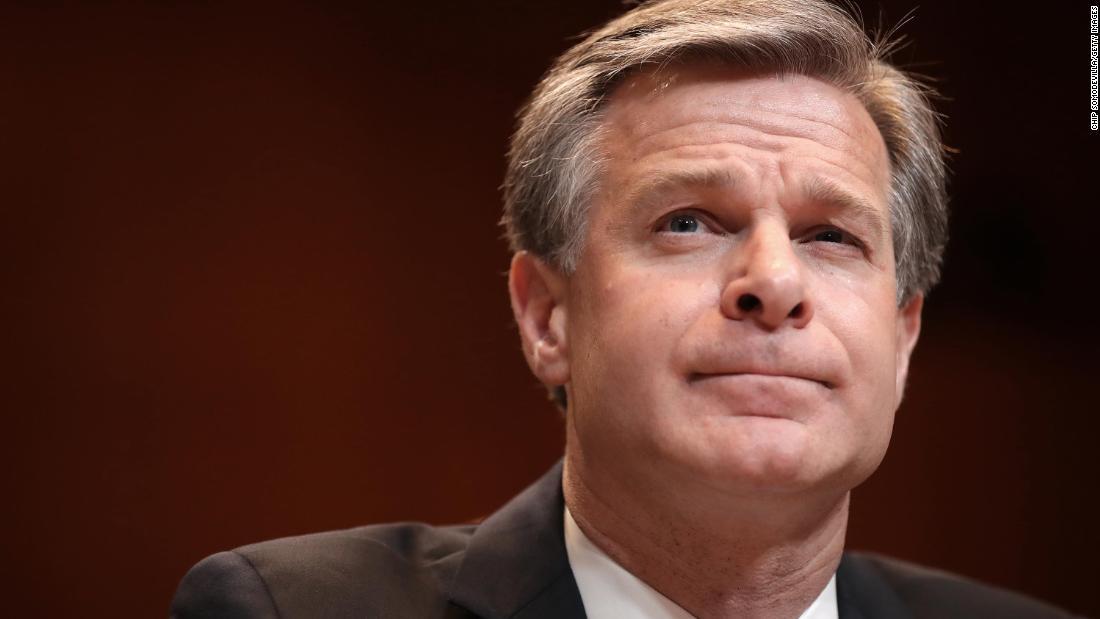
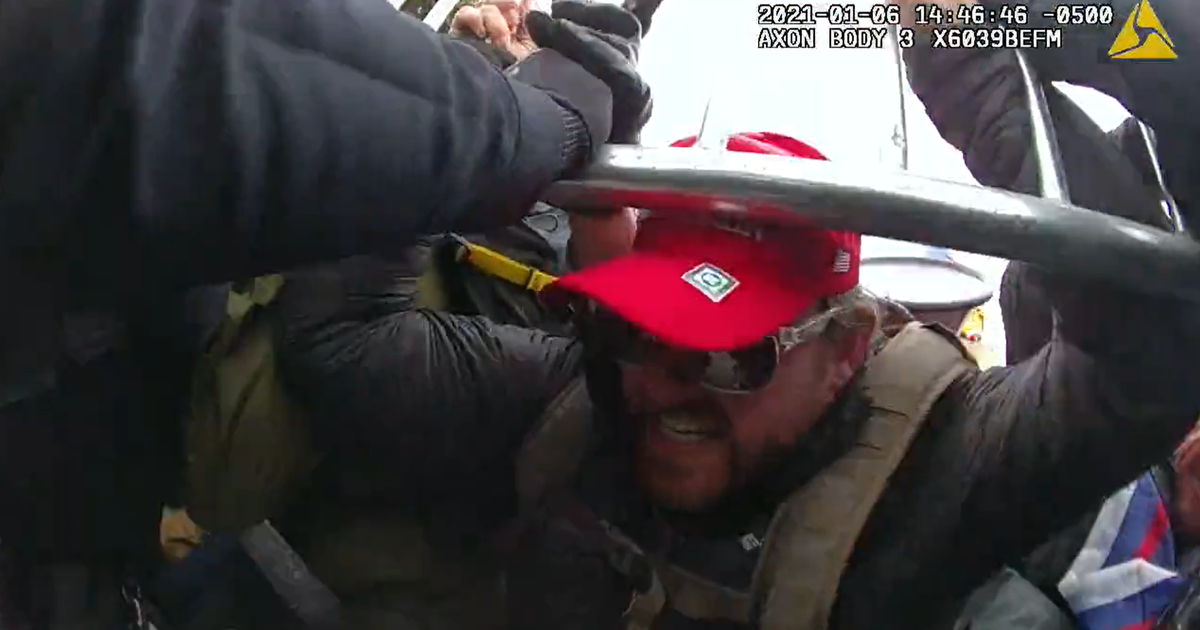
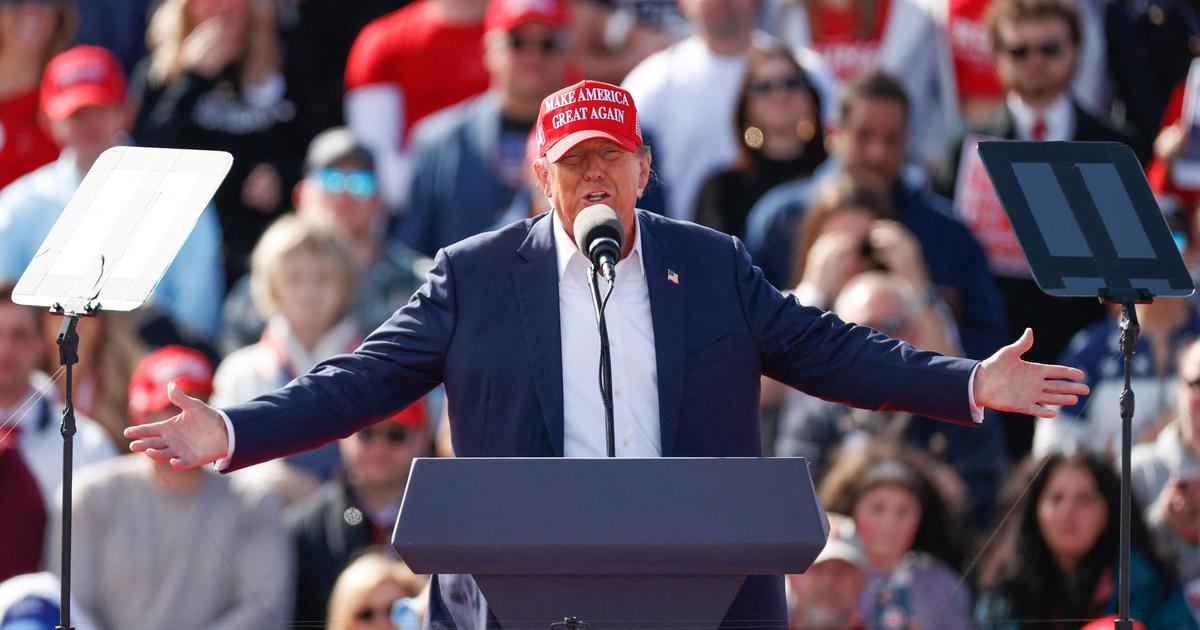

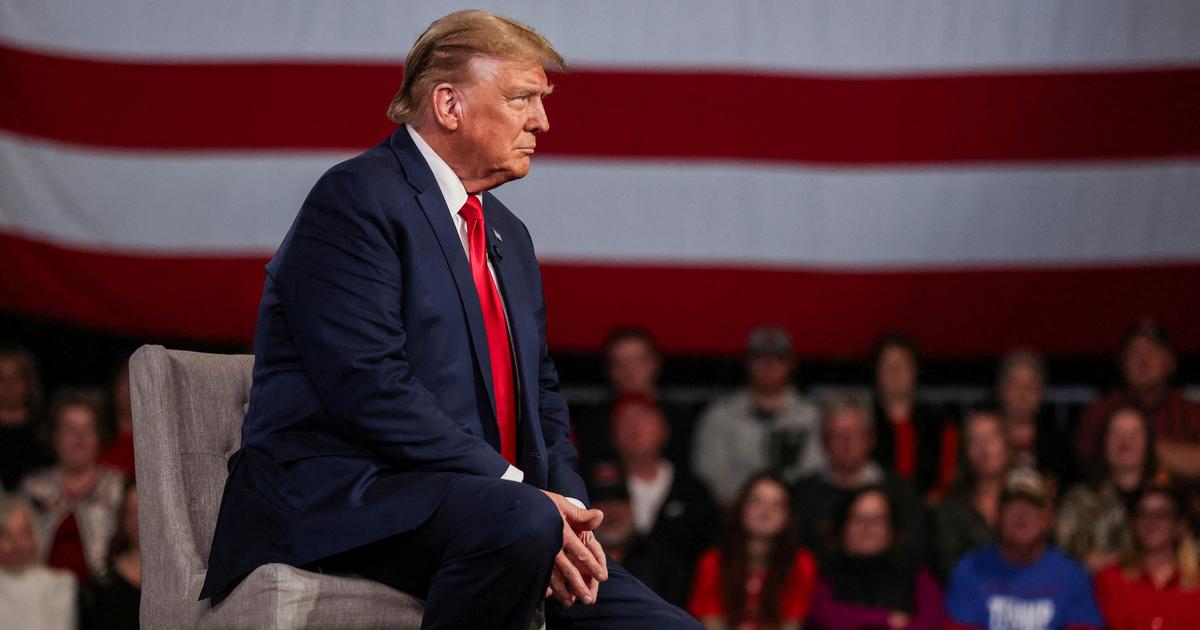
/cloudfront-eu-central-1.images.arcpublishing.com/prisa/OV2VBR4SENF6HBYT4PL7REJMVU.jpg)
/cloudfront-eu-central-1.images.arcpublishing.com/prisa/WGGYQRRT55FZ5JCXE3P4MZ2XGI.jpg)
